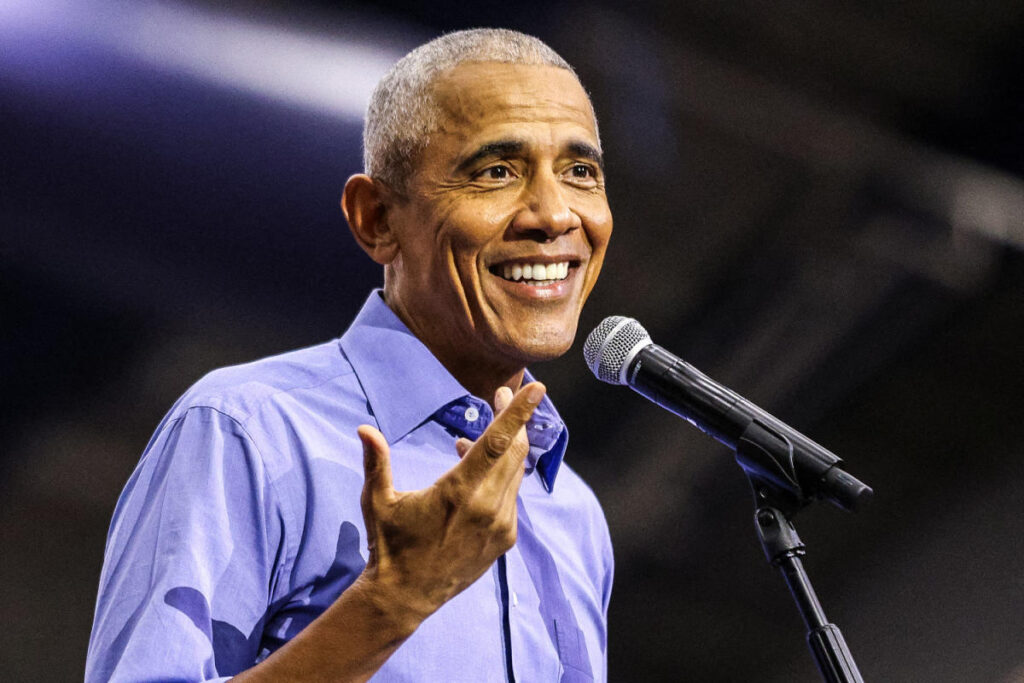On a recent campaign stop in Pittsburgh, former President Barack Obama passionately endorsed Vice President Kamala Harris and took a firm stand against former President Donald Trump, whom he characterized as deceptive and self-serving. Obama challenged a concerning misconception among some men regarding Trump’s behavior, arguing that traits such as bullying and belittling others should not be equated with strength. Instead, he asserted that true strength lies in hard work, personal accountability, truthfulness, and the willingness to help those in need. Obama emphasized these qualities as essential traits he desires in a president, aiming to inspire a vision of leadership that upholds dignity and responsibility.
The rally underscored the significant gender gap present in current election surveys, which indicate that Harris is gaining substantial support from women while struggling to capture the enthusiasm of men, particularly among younger demographics. Some Democratic strategists are increasingly concerned about the potential loss of young, Latino, and Black male voters who may express a willingness to support Trump or show apathy towards voting altogether. In this context, Obama’s messages aimed at redefining masculinity and strength resonate deeply as he encourages men to reflect on their choices this election season and consider the implications of their support.
Obama voiced particular disbelief regarding Trump’s dissemination of falsehoods related to governmental responses in emergency situations, emphasizing an urgent need for integrity in leadership. Addressing the Republicans and conservatives present, he questioned the acceptance of such behavior, drawing a parallel to how one would confront a problematic family member rather than condoning their troubling actions. His critique pointed to a broader societal expectation for accountability, urging voters to reject any excuse-making that normalizes behavior unbecoming of a national leader.
Recognizing the importance of the African American male vote, Obama indicated that this group would be a critical focus for him during the campaign’s final weeks. He acknowledged the lower levels of energy and turnout compared to previous elections, particularly highlighting concerns about engagement among Black men. By illuminating this trend, he urged supporters to initiate conversations within their communities to combat any reluctance to participate in the electoral process, emphasizing that enthusiasm for Harris should not be stifled by gender biases or outdated notions of masculinity.
In his remarks to attendees, Obama called for active participation and engagement in the campaign, challenging those who might consider abstaining from voting or supporting candidates with a history of denigration. He framed the expectations of manhood in a progressive light, making it clear that demeaning others, particularly women, is fundamentally unacceptable. This transformative vision for masculinity seeks to reshape discussions around strength and character, promoting an inclusive approach that values respect and lifting others rather than putting them down.
Overall, Obama’s rally was marked by his identification of crucial themes such as responsibility, integrity, and community involvement, all while expressing a clear and strong commitment to supporting Kamala Harris in her bid for the presidency. His message served not only as an endorsement for Harris but also as a rallying cry for men and communities to reconsider their perspectives on strength, leadership, and their role within the political landscape, laying the groundwork for a more engaged and reflective electorate as the election approaches.

